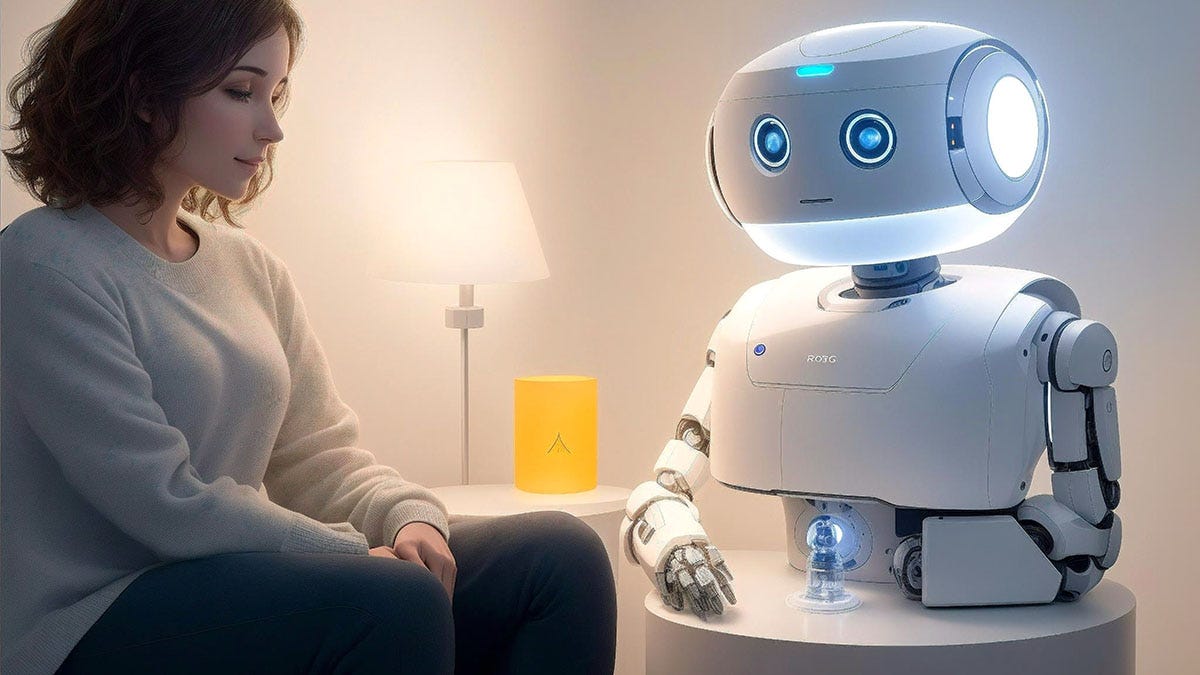why chat bots seem to give better advice than miss manners and dear abby
A new study found the people prefer ChatGPT's self-help advice more than that of professional columnists. Now they want to know why this is the case.
What happens when you take 404 people, have them pick from a list of 50 common social dilemmas, then show them advice on how to handle said dilemmas from both popular professional advice columnists who already answered this question, and the output of ChatGPT? Almost four in five would say that the chat bot gave them a more useful, empathetic, and unbiased answer than the advice columnist without knowing that they were choosing the advice of a computer over that of a human. But hold on a moment? Weren’t machines terrible advisers for people in need of help, bad “friends,” and even worse partners? How do you reconcile this with the real world?
Well, first and foremost, the important point here is that the study asked participants which answer they preferred and why, not which answer was good or accurate. One of the hypotheses for the test subjects’ preference for ChatGPT’s answers was that the AI gave longer answers that may have seemed more confident and authoritative. But after adjusting the length of the outputs to match those of the human columnists didn’t move the needle, the researchers turned to studies which looked at chat bots’ ability to fake empathy given carefully worded prompt structures, win people’s trust, and get rave reviews in the process.
This train of thought seems to be supported by the raw materials published with the studies, which include the ChatGPT response alongside that of human writers. While the humans often get right to the point, have pretty strong opinions, and sometimes even admonish the person asking advice, the chat bot just seems nicer and far less opinionated and confrontational. The first sentence is often a positive or very neutral acknowledgment that the question is important, or that an idea seems like it makes a lot of sense, as if following the textbook “so, what I’m hearing you say is …” pattern to tackle difficult conversations often suggested by therapists.
Simply put, the bot is trained to be friendlier and fake empathy and interest in how it replies. It doesn’t mean that its responses would be accurate or free from the many hallucinations that plague LLMs, but accuracy and foolproof objectivity are already a complicated matter when it comes to social and ethical dilemmas which often come in many shades of gray. At first glance, for a study, their advice seems good enough to pass the smell test, appears like whoever wrote it cares, and difficult to distinguish from that of human writers, which is why test subjects who’d prefer humans to listen to and solve their problems, end up preferring these bots by a 27% margin.
But that gets us to the researchers’ point. What if an LLM was trained responsibly, to avoid and detect hallucinations, or offer transparency of where it got its data for the reply, and had adequate guardrails? Could it give reliable, deep, sci-fi style advice to humans, providing several options when its users are stuck, or are missing a crucial piece of information to make the right decision? Based on these results, they argue, we shouldn’t fall for the absolutes of today’s coverage of AI; that it’s either the magic wand that will usher in the utopia of our dreams, or an out of control evil. Instead, we should just focus on how to use it for good, not merely profit.
See: Howe PDL, at al., (2023) ChatGPT’s advice is perceived as better than that of professional advice columnists. Front. Psychol. DOI: 10.3389/fpsyg.2023.1281255
![[ world of weird things ]](https://substackcdn.com/image/fetch/$s_!V-uR!,w_80,h_80,c_fill,f_auto,q_auto:good,fl_progressive:steep,g_auto/https%3A%2F%2Fsubstack-post-media.s3.amazonaws.com%2Fpublic%2Fimages%2F93728edf-9a13-4b2b-9a33-3ef171b5c8d8_600x600.png)

